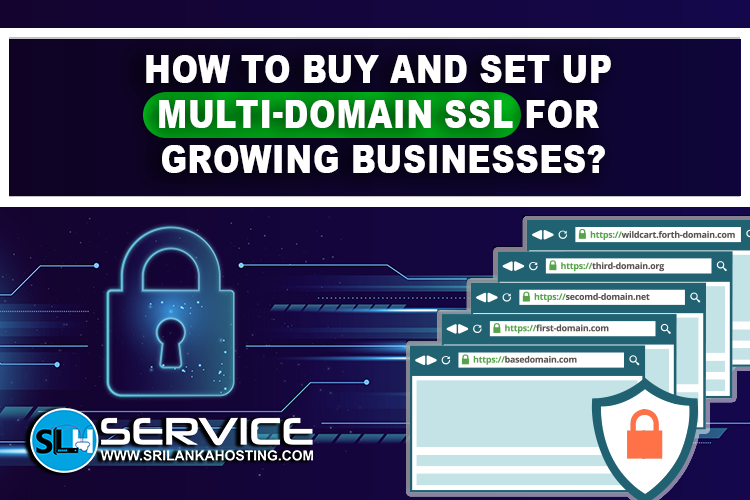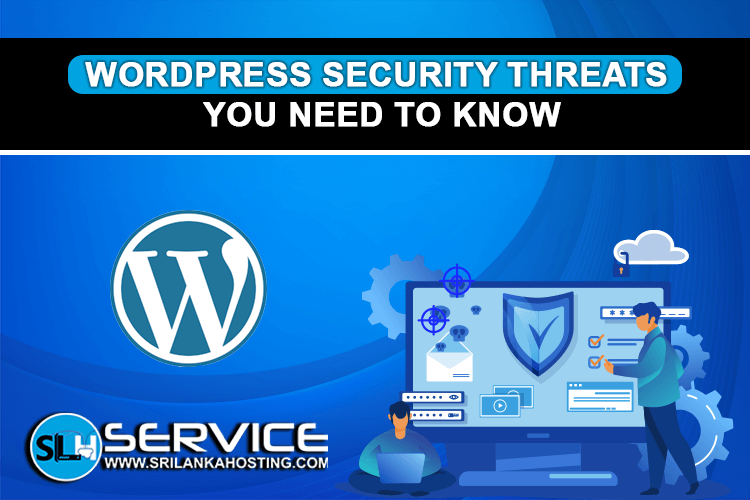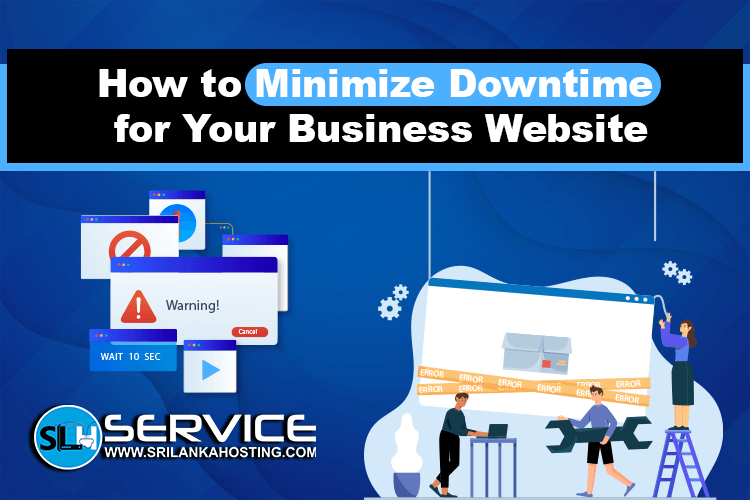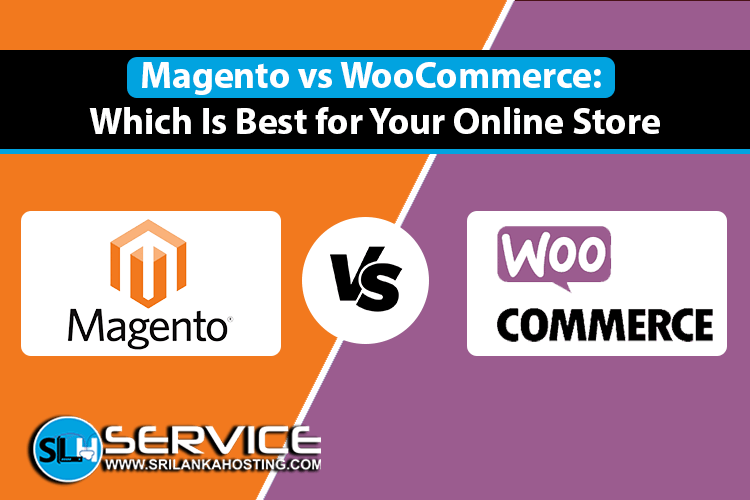How to Buy and Set Up Multi-Domain SSL for Growing Businesses
Nov 1, 2024

With the increase in expansions of organizations within several domains and their subdomains, securing all the sites using a Multi-Domain SSL certificate is really feasible and economically viable. Also known as Subject Alternative Name, more commonly known as SAN certificates, a multi-domain SSL allows for up to 250 domains in a single SSL. This approach not only makes businesses more secure but also reduces the headache of SSL management.
What is a Multi-Domain SSL Certificate?
A multi-domain SSL certificate is an SSL certificate that protects multiple domains and subdomains under a single SSL certificate. It is handy for organizations operating different websites because only one SSL can cover domains like example.com, store.example.com, and otherexample.com. It minimizes the cost and headache of using different SSLs on various properties.
Benefits of Multi-Domain SSL to a Thriving Business
-
Cost Savings: Normally, it is cheaper to purchase one Multi-Domain SSL rather than different SSLs for each domain. It's a special boon for businesses running multiple brands, departments, or e-commerce sites.
-
Simplified Administration: Multi-Domain SSL makes the administration of security on multiple sites much easier. Since each domain on the certificate shares the same CSR-or Certificate Signing Request-renewal and verification processes are centralized. No more having to implement separate certificates; consequently, no more administrative tasks.
-
Increased Security and SEO Benefits: SSL-enabled sites are given a boost in the various search result rankings of Google, making Multi-Domain SSL favorable in terms of visibility. Security indicators, such as HTTPS protocol and padlock symbol, build trust in the security of the visitors.
Types of Multi-Domain SSL Certificates
SSL certificates come in different validation levels for purposes of fitting business needs:
- Domain Validation: Provides primary protection with fast verification.
- Business Validation: It is best for businesses that require a higher level of verification. It's a way of proving that the business is legitimate.
- Extended Validation: EV SSL represents the highest level of trust, with the appearance of a green address bar, perfect for e-commerce websites or for businesses that maintain sensitive customer data.
Service providers like SriLanka Hosting sell the certificates from renowned brands, including Sectigo, previously known as Comodo, and GeoTrust, each with options like DV or BV or EV, depending on your requirements.
How to Buy and Configure in Steps Look for an appropriate SSL vendor that can sell you options that fit the security needs for your business. These packages, like Sectigo's PositiveSSL Multi-Domain, start at very affordable costs and support multiple domains.
-
The Right Level of Validation: Choose appropriate validation levels, considering the required industry and security assurance. For example, Extended Validation involves a longer setup with higher security and customer trust.
-
Generate a CSR and Verify Domains: Create a CSR from your hosting server to start the domain verification process with the SSL provider. That ensures domain ownership for all covered sites.
-
Verification, Download, and Installation of the Certificate: Once verified, one can download the SSL certificate and install it in his/her server. Most providers, such as Sri Lanka Hosting, support this step by making it easier.
-
Renewal and Maintenance: Usually, a Multi-Domain SSL is to be renewed yearly. With the use of tools for SSL management, a business will find an easy way of re-issuance and tracking a certificate's date of expiration in order to keep it secure without any interruptions.
-
Compatibility and Browser SupportBecause Multi-Domain SSL certificates support more than 99% of browsers, they help to create a secure browsing experience both for desktop and mobile users. Wide compatibility means fewer problems related to SSL warnings and errors.





